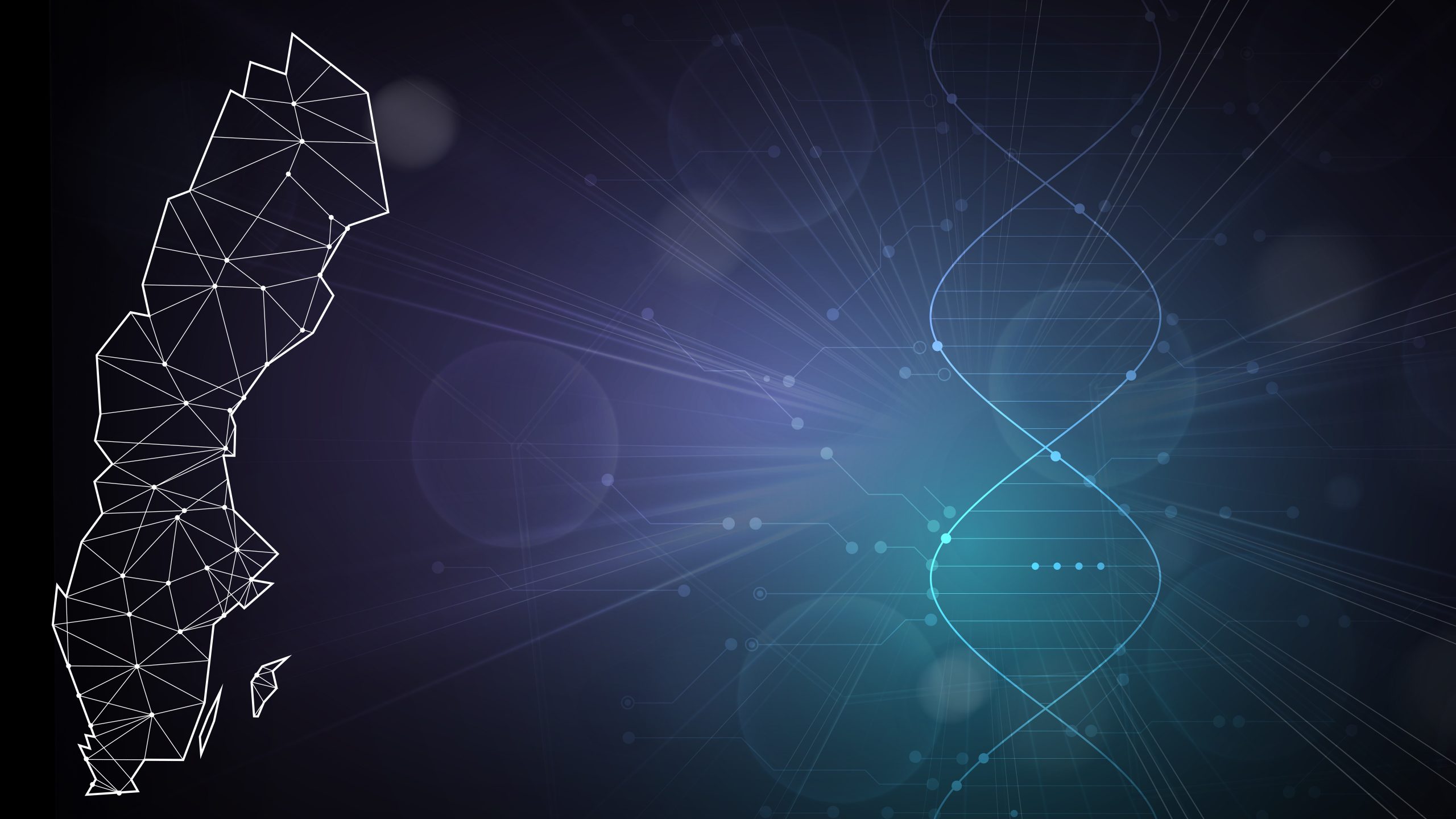740 MSEK to SciLifeLab’s program for Data-Driven Life Science
SciLifeLab & Wallenberg’s National Program for Data-Driven Life Science (DDLS), receives continued funding from Knut and Alice Wallenberg Foundation for an additional two years, with 740 million SEK.
”We are very pleased with the announcement of continued DDLS funding for the next program phase. The decision to start the DDLS program four years ago was not only visionary but also took place at just the right time, considering the significant breakthroughs that have taken place in the field of AI. These advances will have a very significant impact on life sciences, and this is where DDLS’s contribution becomes crucial,” says Olli Kallioniemi, director of the DDLS program.
The almost exponential increase in speed and decrease in cost of genome sequencing have resulted in the generation of vast amounts of research data. At the same time, virtually all areas within life science, from basic biology to biodiversity and medical research, have been significantly affected by the rapid technological development in data processing and AI. This has led to a major demand for new competencies in analysis and data processing, and a need for increased resources so that Sweden can maintain its leading position in data-driven research. This forms the foundation of the DDLS program and is why it was launched.
Entering its fourth year, the DDLS program has reached several important milestones. 19 distinguished young group leaders have been recruited as DDLS fellows, and an additional 20 will be recruited during 2024. The program has also recruited the first 27 PhD students to the DDLS research school, which will eventually host 260 PhD students and 210 postdocs.
The collaboration between the DDLS program and Wallenberg AI, Autonomous Systems and Software Program (WASP) and WASP-HS (Humanity and Society), is strong, with many ongoing joint projects. SciLifeLab and DDLS, together with the previously established Wallenberg Centres for Molecular Medicine (WCMM), constitute a solid platform for Sweden to defend its position as a leading Life Science nation.
DDLS has formed four “data science” nodes (DSN). These are responsible for coordinating and developing national services for databases, data services (SciLifeLab Data Centre), and bioinformatics support (WABI/NBIS). Each DDLS research area; cell and molecular biology, evolution and biodiversity, precision medicine and diagnostics, and epidemiology and biology of infection, has its own node. Collectively, the various research areas of DDLS reflect the broad impact of the program; improving human health, protecting biodiversity, and creating sustainability.
The positive impact of the DDLS program now permeates the entire Swedish research community, through recruitments, training, and the support and services offered to all researchers. The ambition is to ensure that the program continues to lead the way towards a data-driven research society, both nationally and internationally.
“We are pleased that the initiative we started four years ago has become so successful. The collaboration between the foundation’s various strategic programs has also added further dimensions to how new technology can be used in research. Therefore, the foundation sees it as a natural step to continue the investment,” says Peter Wallenberg Jr, chairman of the Knut and Alice Wallenberg Foundation.





